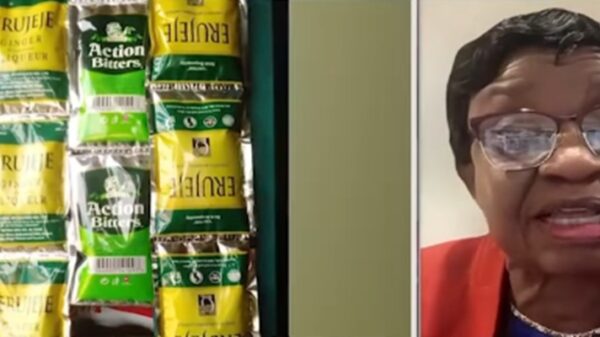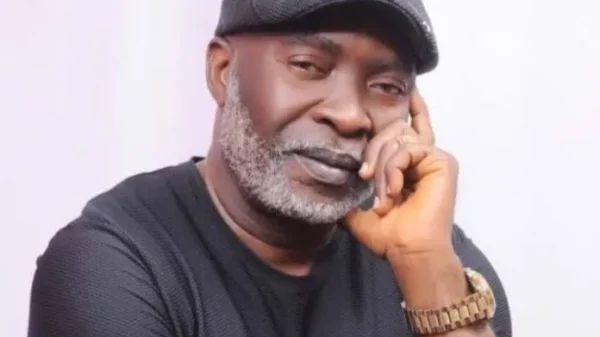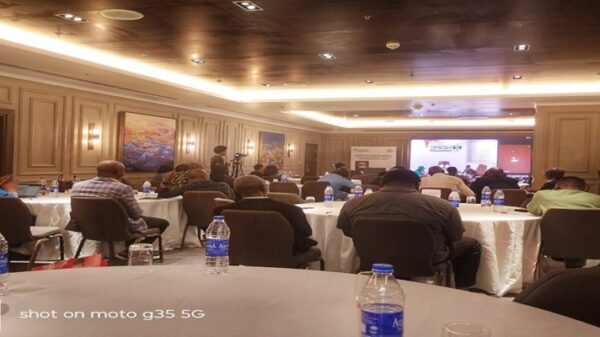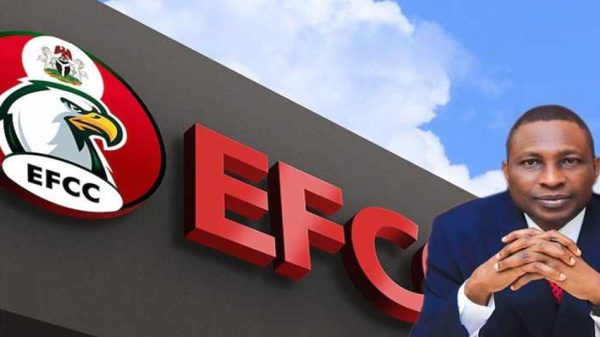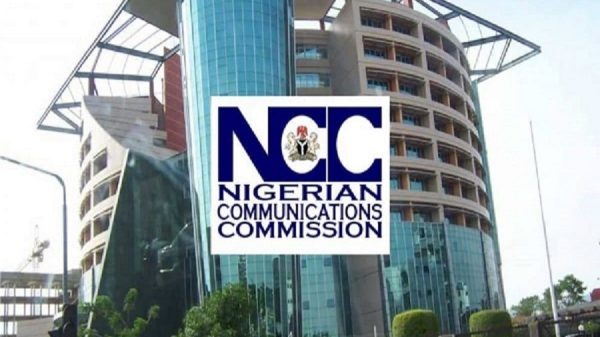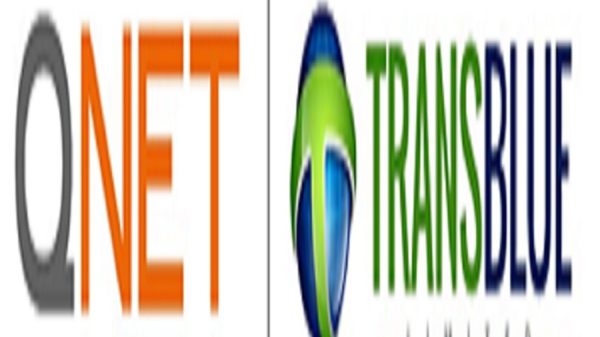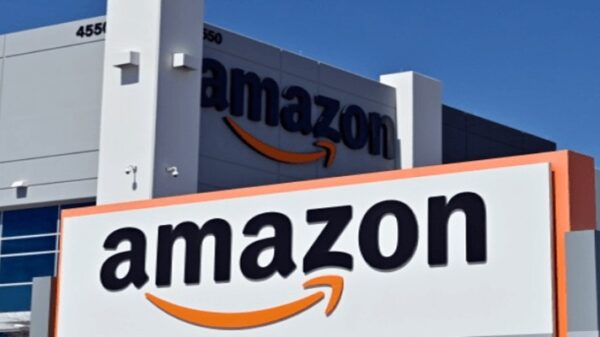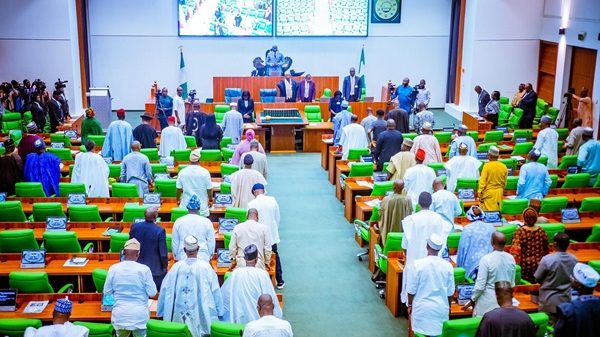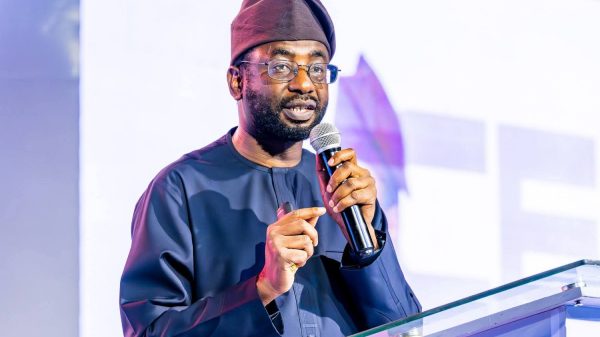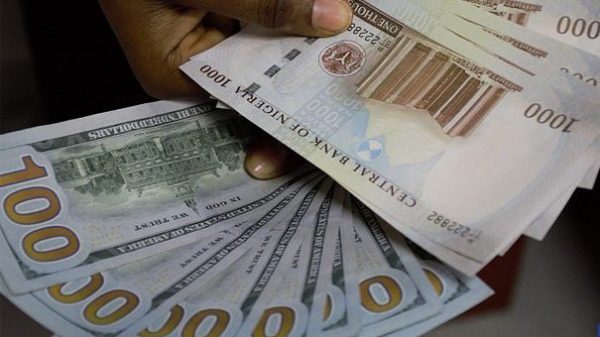By Eniola Otun Ade-Bisiriyu
Since I departed Nigeria over 17 years ago for further studies and subsequently settled in the United States of America, one irony that has never ceased to amaze me is the failure of the government in Nigeria to match its public statements with action, especially in local content promotion, patronage and development.
Here in the United States, one cannot help but admire how the US government fights for and protects the interests of its own local brands, notably in the face of competing foreign brands.
A case in point is the ongoing trade war with China and the still-prevalent censure of Huawei, a multinational technology corporation headquartered in China. Granted the US government may come down hard on its own local entities when it comes to anti-trust issues, concerns over infringement of user privacy or even tax avoidance, however, it would never stand by and watch foreign brands eat the lunch of its own home-grown companies.
Nevertheless, this seems to be the status quo in Nigeria, as the experience from my recent trip back home to the beloved motherland proved.
China is another very good example of a government that is fiercely protective of its own. A fallout of the trade war with the United States is the fact that local Chinese entrepreneurs have been able to turn overnight billionaires, by cashing in on a combination of factors, including the encouragement of local enterprise by the Chinese government, a burgeoning population and enforced patronage of local products and solutions. In China, for instance, Facebook, YouTube, Instagram, Google and many other foreign tech solutions are banned. For each of these and many others on the banned list, the Chinese have a local substitute app that has succeeded in helping China mint new dollar billionaires on a regular basis.
First, it is imperative for us to take into cognizance the difficulties with doing business in Nigeria – a factor, which on its own, makes local entities operating out of here already disadvantaged, when compared with their foreign counterparts. A recent World Bank report shows that Nigeria is ranked a lowly 131 out of 190 countries surveyed in the Ease of Doing Business scale. A deep dive into the report reveals some of the startling parameters that makes Nigeria such a harrowing and challenging terrain for local businesses.
Nigeria ranks an abysmal 169 in access to electricity for business owners, while it also stands nearly at the bottom of the pile with a shocking 183 rank in the area of registering property. The report equally brings into sharp relief the encumbrances borne by businesses in Nigeria when it comes to trading across borders, with the country ranked a worrisome 179. Other areas in which Nigeria ranks poorly in the Ease of Doing Business scale include resolving insolvency (148), paying taxes (159) and enforcing contracts (73).
The foregoing, despite all the sweet talk by the government, paints a picture of a tough operating environment for Nigerian businesses, many of which also must contend with poor infrastructure and an economy hobbled by over-reliance on oil.
For these challenged businesses in Nigeria, one would expect the government to do much more in promoting and protecting their patronage, not only by corporate entities, but more importantly by the government and its agencies. There is no disputing the fact that government is the biggest spender, especially in this part of the world and having outstanding local-grown businesses enjoy the patronage of government, solely on a merit-driven basis, would go a long way in boosting the profile of these businesses, create more jobs for Nigerians and even give them the much-needed impetus and confidence to compete more favourably with their advantaged foreign counterparts who operate out of more convenient and support-driven climes.
However, the reality on ground is far from this.
This is one of the reasons Chevron Nigeria deserves huge commendation for being not just an example to other multinationals operating out of Nigeria, but equally for showing the Nigerian government the way to go in matching words with action.
In October, my elder brother had invited me to meet a few of his Ikoyi club colleagues, three of whom were employees of Chevron Nigeria. We had driven round to their residence to pick them up and met them rounding off some official tasks, using Zinox laptops. It was a remarkable sight and in the course of our interaction, I was informed that the computers, workstations and other systems used by Chevron were all supplied by Zinox. Initially, I had assumed it was an American brand (based on the fact that Chevron Corporation is headquartered out of the US) as I was not very familiar with the name, but the sleekness and cutting-edge design of the systems my hosts were using had caught my attention. Imagine my surprise when my hosts informed me that it was a Nigerian brand and that Chevron Nigeria had been using the Zinox brand for over 16 years and without any complaints.
Surprised, I pressed further and enquired if Zinox had expatriates such as Indians working with them but was told that the company is peopled throughout by Nigerians. My interest was piqued and I had subsequently done a quick research which opened my eyes to the world-class status of the company.
For Chevron Nigeria, one of the most popular multinationals in Nigeria to have patronized Zinox for over a decade, it is certainly not a fluke or a chance occurrence, neither would it be a business relationship that is not founded on merit. I have been based in the United States for over 15 years now and I know for sure how things work over there and the intense scrutiny, painstaking justification and approvals that would have been secured for Chevron to keep using Zinox.
Inside, I was elated and proud to be a Nigerian and equally delighted to be associated with Chevron Nigeria.
But I recently encountered a development that burst my bubbles and showed me that we still have a long way to go in getting it right here in Nigeria.
In the course of my extended stay in Nigeria (I had arrived in October, way before the festive season), I also had the opportunity of paying a visit to a former classmate in my Ph.D. class in the US, who incidentally works as a consultant for the Ministries of Transportation and Education here in Nigeria. This fellow, whose identity would remain withheld for obvious reasons, had invited me to accompany me on a visit to the Ministry of Transportation in Abuja. On arrival there, I was shocked to see that virtually all of the computer systems being used by staff of the Ministry were foreign brands, ranging from HP to Dell and others.
I could not believe my eyes!
Here was a Chevron Nigeria, on one hand, a globally renowned multinational from a fiercely patriotic nation such as the United States convincing its foreign management of the quality of Zinox laptops, workstations and other devices for use by its entire staff in the country for their undoubtedly complex computing tasks; but on the other hand, is a Ministry of Transportation in Nigeria who could not trust or patronize its own local products for their basic Word Processing tasks. What a pity!
But my former classmate was a bit taken aback at my reaction. In fact, I learnt from him that this was a common sight in virtually all Nigerian government Ministries, Departments and Agencies (MDAs) as most of them hardly use local products or resources. He pointed out the case of Innoson Motors as another solid Nigerian brand which manufactures vehicles which Nigerian politicians and civil service officials hardly use, even for their pool cars.
One must not fail to commend the administration of former President Olusegun Obasanjo who did a lot in encouraging patronage of local businesses. His actions and sound policy directions in the area of local content promotion went a long way in shoring up indigenous capacities among entrepreneurs in Nigeria. Admittedly to a lesser extent, the administration of Goodluck Jonathan equally did its best in this regard.
And with the current administration, it is an open secret that one of the major reasons Nigerians voted overwhelmingly for President Muhammadu Buhari is his anti-corruption stance and patriotic zeal. The president is a firm believer in the Nigerian ideal and is known to go out of his way in fighting for Nigeria’s interest. Further buoying President Buhari’s scorecard in the protection of local interests is his brilliant selection of the highly cerebral Dr. Ibrahim Pantami as Minister of Communications and Digital Economy, a man under whom this strategic ministry has done so much in protecting Nigeria’s sovereignty and fidelity of our collective data.
But it is clear that even with the best intentions of the current administration and others that have gone before it, there are selfish and vested interests within the polity that continue to rubbish local content efforts, keeping credible Nigerian businesses in the shadow of their foreign counterparts at the detriment of our national development.
With this worrisome scenario, how does the Nigerian government expect to transform the country into a regional or world power or even better the lot of its citizenry? Can we factor in the scarce foreign exchange or number of jobs that is being lost to foreign patronage in the face of world class and excellent substitutes that abound here in Nigeria? How do we expect Nigeria to mint dollar-billionaires on a regular basis like the Chinese do for fun? Or when can we even produce the next Mark Zuckerberg or Jeff Bezos when budding entrepreneurs here know that their government can never support them to grow?
Corruption is the usual fall-guy when cases like this comes up. But, in my own opinion, we need to look beyond just corruption and begin to pose serious questions.
Imagine if Nigeria did not have a local entrepreneur like an Aliko Dangote in the cement business or a Mike Adenuga representing us in the foreign interest-dominated telecoms sector. What would be the fate of the average man in the street when the price of cement hits the roof? Indeed, what would be the fate of our collective national data in the hands of foreign telecoms companies? Perhaps, we may not understand the gravity but the fact that Nigeria can count on such strong local enterprises in these industries and other critical ones is a blessing and a strong pointer to our sovereignty as a people.
A lot has been said about the growing prevalence of technology as a bastion of future wealth and the determinant of the wealth of nations. However, this reality seems to be lost on the powers that be here in Nigeria.
Indeed, the plight of tech companies in Nigeria, as seen from my recent experience back home, shows that Zinox and others, may be sadly fighting against a very strong tide, despite putting food on the table of many Nigerians through direct and indirect employment opportunities as well as their undoubted contributions to the economy.
The Nigerian government must wake up and smell the coffee!
Eniola Otun Ade-Bisiriyu is an academic based in the United States
![]()

